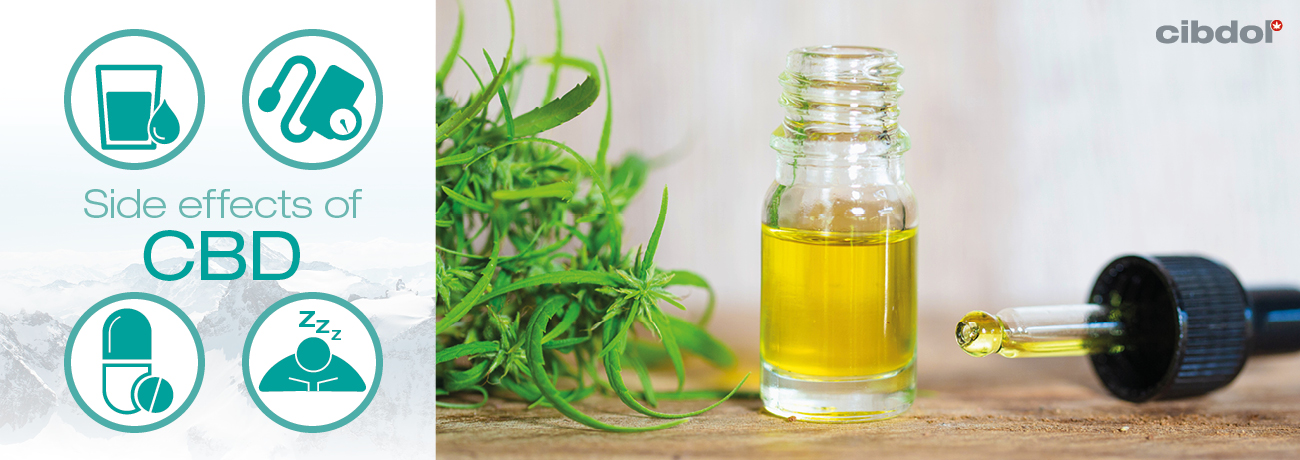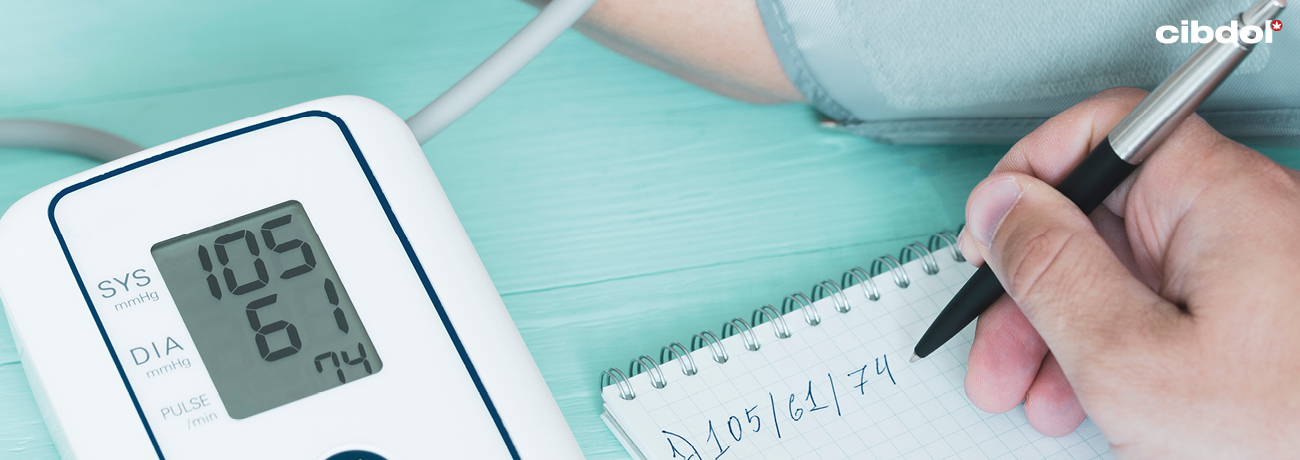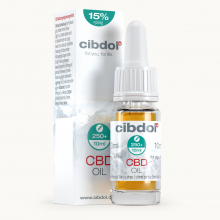Does CBD Oil Have Any Side Effects?

CBD is a versatile compound consumed in a variety of ways. But, despite its vast influence on well-being, the cannabinoid is not entirely devoid of possible side effects. Although the possibility of side effects may sound intimidating, it's not unusual. In fact, even vitamins and minerals[1] have potential side effects. It isn't because these substances are inherently dangerous, but because they affect people in different ways. The human body is an incredibly complex and sophisticated entity, and it's important to be aware of any possible side effects—CBD included.
Contents:
What are the possible side effects of CBD oil?
Every person's experience with CBD oil is unique, so it's important to familiarise yourself with potential outcomes before incorporating the cannabinoid into your daily regime. Below, you'll find a summary of the most common side effects of CBD oil, and what you can do to limit or manage their impact.
Dry mouth
Dry mouth is a common side effect of CBD that isn't exclusive to vaping or smoking. The cannabinoid interacts with receptors linked to your salivary glands, temporarily reducing saliva production. Thankfully, dry mouth isn't harmful, and if you do experience this side effect, it's easily remedied by drinking water or juice.
Tiredness
Although uncommon, tiredness has been reported as a possible side effect of CBD. In most cases, improved concentration and a beneficial impact on sleep function are more frequent outcomes.
But, if you do experience fatigue, reduce your dose by a few drops before building back up slowly. If you're new to CBD, also start with a low-concentration oil, taken a few times a day, to let your body grow accustomed to its influence.
Changes in appetite
Appetite is a mechanism heavily influenced by physical and mental well-being. Given CBD's potential influence on both, changes in appetite are common.
CBD oil can both stimulate appetite or decrease feelings of hunger. If the outcome you experience is undesirable or counterproductive to your current lifestyle, reduce your daily dose of CBD oil until your appetite returns to normal.
Lower blood pressure
In most circumstances, a slight drop in blood pressure goes completely unnoticed. However, for those with certain health conditions, even a small reduction in blood pressure can be significant.
If you're concerned about the possibility of CBD oil affecting blood pressure, it's highly recommended you discuss the implications with your doctor beforehand.

Diarrhoea
While diarrhoea is a potential side effect of CBD oil, the symptom may have less to do with the cannabinoid itself, and more to do with your choice of carrier oil.
Carrier oils such as olive, hemp, and MCT are used to improve the body's absorption of CBD, as well as provide a host of secondary nutritional benefits. But, some oils can irritate the lining of the stomach. It's best to start with a low dose and consider switching carrier oils if you do experience diarrhoea.
Dizziness
In some cases, higher doses, or highly concentrated CBD oils, can cause drowsiness or dizziness. We all react to CBD oil slightly differently, and while there are generalisations in the compound's effects, you never know how you'll feel until you take it for the first time.
When taking CBD oil, always start with a low-concentration oil and build your dose gradually over two weeks.
Does CBD oil have side effects with other medications?
A 2018 review[2] by the World Health Organisation found that CBD oil can interfere with the breakdown of some prescription medications.
When consumed, the cannabinoid can disrupt the focus of enzymes in the liver. Instead of breaking medications down into small parts, these enzymes focus all their attention on CBD instead.
This interaction between CBD and cytochrome P450 enzymes could cause substances to stay in the body longer than intended. If you are currently taking or planning to take any form of prescription medication, you should consult your doctor before trying CBD oil. In the meantime, you can read more about the interaction between medicines and CBD oil here.
Can CBD creams have side effects?
CBD creams differ from oils, capsules, and tinctures because we don't ingest them orally. Instead, CBD-infused lotions are applied locally, engaging with receptors in the skin. The difference in application also means that potential side effects differ.
After using certain topical CBD products, you may find the skin becomes irritated. As you would with any new skincare product, test it on a small, non-sensitive patch of skin first to see how you respond.
Will CBD oil side effects go away?
Both an advantage and disadvantage of CBD oil is the length of time it stays in the body. Although this means you need to consume CBD oil regularly to feel its effects, it also means that if you stop, any potential side effects dissipate very quickly.
The exact time frame will differ according to the individual's metabolism, body fat, method of consumption, and the strength of the oil consumed, but expect side effects to fade within hours, not days. If you want to understand more about how the "half-life" of CBD oil is calculated, you can read about it here.
What to look for in CBD oil
To make the most of your experience with CBD oil, it's crucial to choose high-quality, independently tested products. By knowing what is and isn't in every bottle, you'll quickly identify which type of CBD oil is right for you, matching the ingredients with your needs and lifestyle.
Interested in trying CBD oil? Why not browse the Cibdol store for an incredible selection of CBD oils, capsules, cosmetics, and more.
Or, if you still have questions about the power of CBD, search our extensive CBD Encyclopedia.
[1] Hamishehkar, H., Ranjdoost, F., Asgharian, P., Mahmoodpoor, A., & Sanaie, S. (2016). Vitamins, Are They Safe? Advanced Pharmaceutical Bulletin, 6(4), 467–477. https://doi.org/10.15171/apb.2016.061 [Source]
[2] World Health Organization. (2018). Cannabidiol. Expert Committee on Drug Dependence. https://www.openaccessgovernment.org/who-perspective-on-cannabidiol/80838 [Source]
[1] Hamishehkar, H., Ranjdoost, F., Asgharian, P., Mahmoodpoor, A., & Sanaie, S. (2016). Vitamins, Are They Safe? Advanced Pharmaceutical Bulletin, 6(4), 467–477. https://doi.org/10.15171/apb.2016.061 [Source]
[2] World Health Organization. (2018). Cannabidiol. Expert Committee on Drug Dependence. https://www.openaccessgovernment.org/who-perspective-on-cannabidiol/80838 [Source]









